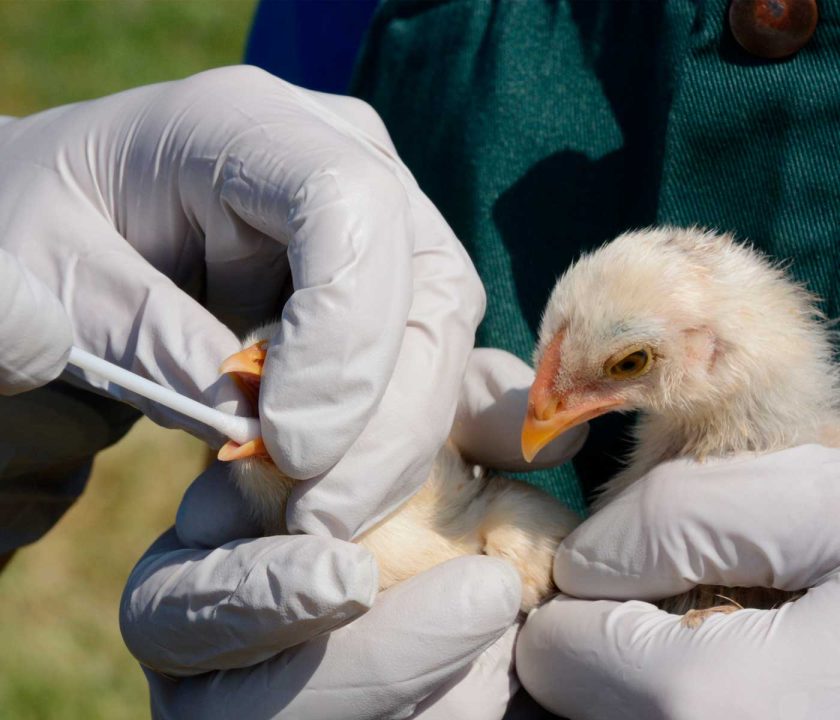Content available at: العربية (Arabic)
Scientists at the Wageningen Bioveterinary Research Institute, Wageningen University in the Netherlands, have identified a new variant of the highly pathogenic H5N1 avian influenza virus in the town of Renswoude.
This discovery adds a worrying layer to the global avian influenza outbreak affecting millions of birds and thousands of mammals worldwide as of 2021.
The outbreak in Renswoude, detected on November 11, revealed a unique strain of the H5N1 virus. Genetic analysis carried out by Wageningen Bioveterinary Research (WBVR) revealed that, although it shares similarities with the variant responsible for outbreaks in poultry since 2021, it has a distinctive genetic makeup.
Specifically, a new segment called PB1, derived from a low-pathogenic virus, has been incorporated into its genome through a rearrangement process.
WBVR researcher Nancy Beerens highlighted the importance of this genetic modification and stressed that, although the new variant shares similarities with the virus that has caused previous outbreaks, the introduction of the PB1 segment creates uncertainty about its properties, such as pathogenicity and transmissibility. .
The new variant has been detected in wild ducks and geese in the Netherlands, raising concerns about its possible impact on poultry. Two additional outbreaks in poultry occurred in Middelie and Zaandijk after the Renswoude incident, highlighting the urgency of understanding the characteristics of this new variant.
To address the growing threat, the national mandatory caging law was reinstated on November 14, with the aim of mitigating possible transmission of the virus and protecting domestic birds from infection.
- However, the effectiveness of these measures depends on understanding the characteristics of the new variant and its potential to compromise biosecurity efforts.
As the global avian flu outbreak persists, continued research, surveillance and collaboration between scientists, health authorities and the poultry industry are essential to understand the mysteries of this emerging variant and devise effective strategies to safeguard both poultry and poultry health. the public.
The changing nature of the avian influenza virus demands a proactive and coordinated response to prevent further escalation of this unprecedented crisis. For updates on H5N1, stay informed through Thai Medical News.
information taken from: https://eltiempomonclova.mx/

